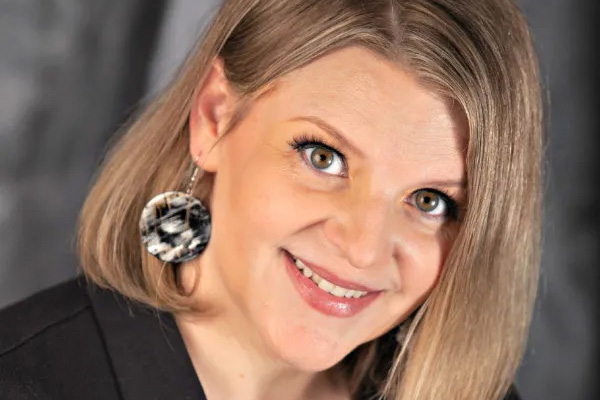GRAND ISLAND, Nebraska –Everyone who has flown on a plane knows the rule: Put your own oxygen mask on first.
“A person who can’t breathe can’t really help others,” said Jessica Kingsley of Wholeness Healing Center in Grand Island.
That’s the rationale behind a new program at the Wholeness Healing Center. Kingsley, a social worker and mental health practitioner at WHC, uses support from a unique Behavioral Health Education Center of Nebraska (BHECN) program to provide resiliency training to providers at WHC, which serves several Nebraska communities including Grand Island, Kearney, Broken Bow, Ord and Albion.
The program helps WHC clinicians deal with issues such as isolation, compassion fatigue and secondary trauma – common occupational hazards for behavioral health professionals that became more prevalent in the wake of COVID, Kingsley said. It is funded through BHECN’s American Rescue Plan Act (ARPA) Program.
These issues became particularly pronounced as people started to reengage in their daily activities, she said.
As more people came out of their homes and reengaged in the world, behavioral health providers, teachers and other helping professionals were hit with a deluge of stories about people struggling with serious behavioral health struggles, abusive situations and other adverse scenarios, Kingsley said.
These reports — combined with the providers’ own pandemic-related trauma and struggles — led to many behavioral health workers becoming overwhelmed and burned out, she said.
Combatting this burnout and the potential loss of providers in Nebraska’s workforce was a major reason BHECN funded several projects focused on increasing resiliency among providers with the $25.5 million in ARPA funds it was charged with distributing in 2022, said BHECN Director Marley Doyle, MD.
“Compassion fatigue, burnout and secondary trauma are major issues in terms of sustaining our state’s workforce, which already faces a shortage,” Dr. Doyle said. “Thanks to the ARPA project, we can help providers take steps to address these issues and help more of them stay in the field and continue doing their vital work.”
WHC uses its ARPA award to send clinicians to comprehensive trainings in Colorado that fortify them with tools and community to cope with the feelings, trauma and stress that come with their jobs.
Almost half of the WHC team has attended the trainings and the feedback has been overwhelmingly positive, Kingsley said. Some clinicians have opted to attend the training a second time and many say it has left them reenergized and reengaged with their careers, she said.
“I firmly believe better therapy happens after therapists take care of themselves,” Kingsley said.
